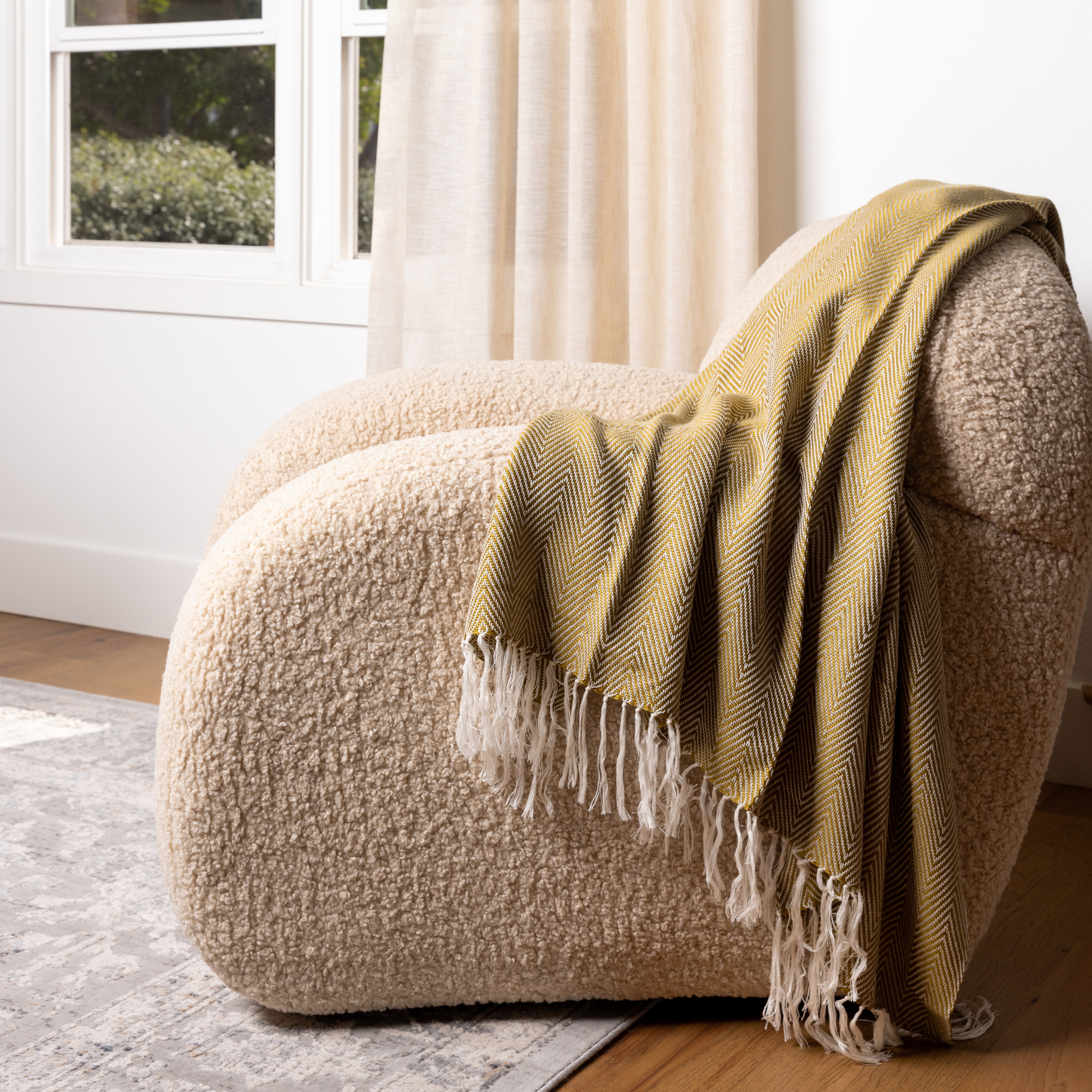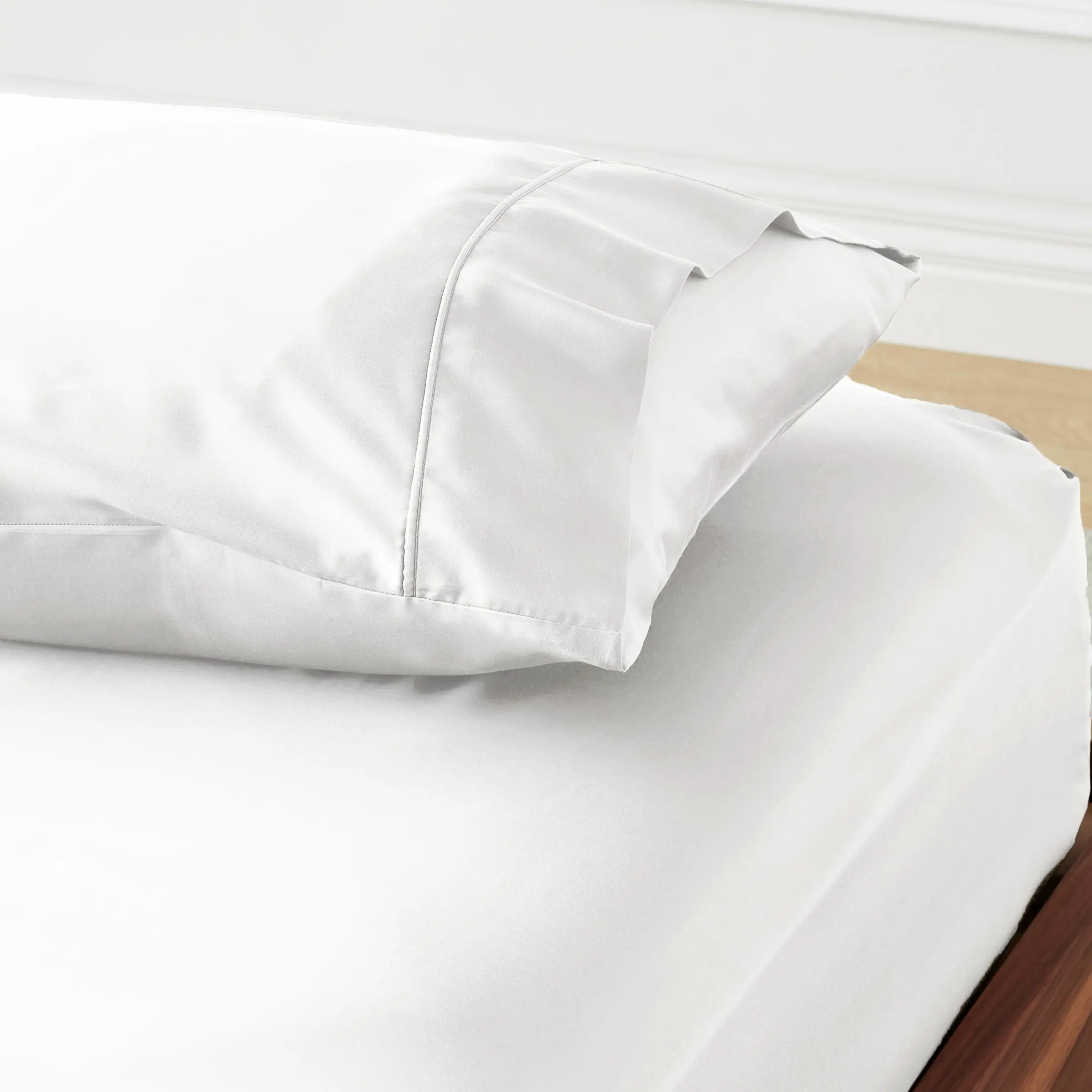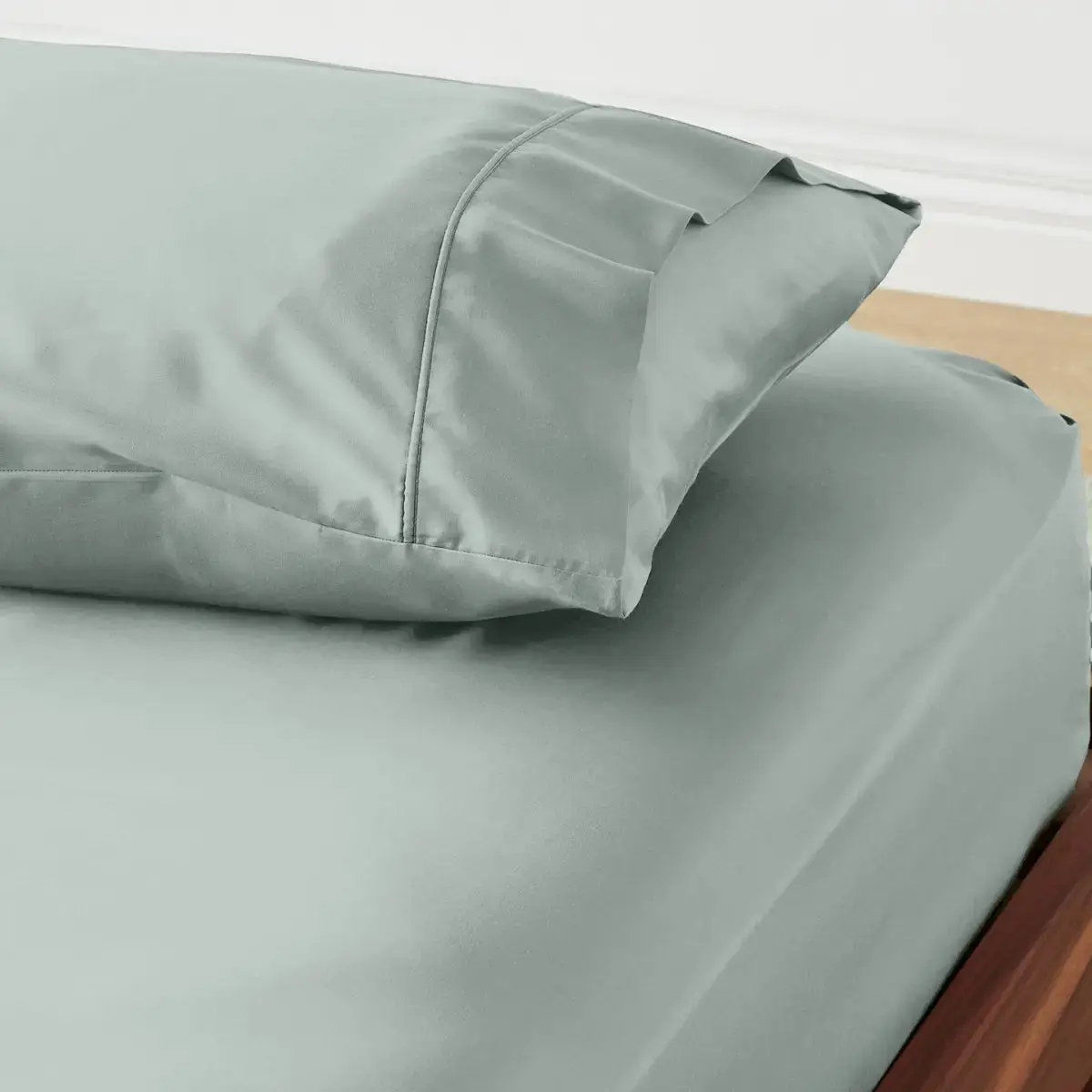We have been asked if our CleanBamboo® fabric contains synthetics or microfibers, so we’re here to set the record straight. The short answer is no. Our bamboo fabric doesn’t use synthetics or microfibers. Our innovative bamboo bedding is made of 100% natural bamboo fibers.
However, there is a myth that bamboo sheets are made with plastic microfibers that harm the environment. Let’s debunk this myth and dive into the benefits of choosing natural materials for your bedding.
Is bamboo a synthetic fabric?
No, bamboo is not a synthetic fabric. Bamboo fabric is made from bamboo pulp, which is a natural material. The process of making bamboo fabric involves breaking down the bamboo pulp, which is then spun into fibers that can be woven into fabric.
So, why do so many people think bamboo is synthetic or plastic? While bamboo fabric is not synthetic, the production of conventional bamboo fabric does involve some chemical processing. This is because the bamboo pulp needs to be broken down into a usable form, and this process typically involves the use of harsh chemicals.
For example, conventional bamboo sheets are often made from bamboo rayon/viscose, which is a type of bamboo fiber that has been heavily chemically processed with caustic soda.
How ettitude’s bamboo bedding is different
Our patented CleanBamboo® is the only bamboo fabric made in a non-toxic closed-loop system (you can even put your hand in the solution used in our production process!) For 100% natural, non-toxic bamboo sheets, we’re your go-to.
You can find out more about the difference between types of bamboo bedding fabrics here.
What are synthetic fabrics?
Synthetic materials are created through chemical processes using artificial or man-made fibers. They are often designed to mimic the qualities of natural materials, but they are not derived from natural sources.
Types of synthetic fabrics to look out for include:
- Polyester
- Spandex
- Acrylic fibers
- Microfibers
Polyester is a common synthetic fabric that is made from petroleum. It’s widely used in bedding because it’s durable and low maintenance. However, polyester sheets can retain odors and retain heat. No to mention that polyester is terrible for the environment. Polyester sheets aren’t biodegradable, which means that they will take hundreds of years to decompose once they are thrown away.
On the other hand, bamboo sheets are soft, silky, and naturally antimicrobial, which means they resist bacteria and odor. Bamboo sheets are also more breathable and moisture-wicking than polyester sheets, making them a more comfortable option for those with sensitive skin.
Why you shouldn’t buy bamboo microfiber blends
Some bamboo sheets on the market are made with bamboo microfiber blends, which means they contain a mixture of bamboo viscose/rayon and polyester fibers. This can make the sheets more durable, but it also means they are not 100% natural. Companies often blend bamboo with synthetic microfiber to make the product cheaper. But remember, cheaper often equals lower quality.
When choosing bamboo sheets, it is important to check the labels. Look for sheets that are made with 100% natural fibers, like ettitude’s 100% bamboo lyocell, as this will ensure you are getting the maximum benefits of fabric and no nasty synthetics or chemicals.
The environmental impact of microfiber bedding and sheets
Microfiber bedding and sheets are harmful to the earth because they are made from plastic fibers that do not break down in landfills. This means that when you dispose of your microfiber sheets, they will remain in the environment for hundreds of years.
Microfiber sheets can also release microplastics into the water supply when they are washed, which can harm wildlife and the ecosystem. Microfiber products are one of the biggest microplastic polluters, with around two million tons of microfibers released into the ocean each year.
Why you should choose natural bedding materials
When it comes to bedding, choosing natural materials is the best choice for both your health and the environment. Natural materials like bamboo lyocell are embedded with natural benefits: For instance, ettitude bamboo sheets are super soft, hypoallergenic, and temperature-regulating so you can wake up rested and refreshed.
Natural materials are also biodegradable, which means they will break down in landfills and not cause long-term harm to the environment. By choosing natural materials, you can sleep soundly without compromising your health or the health of the planet.
Here are some natural materials you can choose instead of synthetic fabrics:
- Bamboo
- Cotton
- Flax linen
- Jute
- Hemp
The TLDR: ettitude's bamboo sheets are not made with plastic microfibers. They are made from 100% bamboo lyocell, which is a natural and sustainable material. Bamboo sheets are a great alternative to polyester sheets or polyester blends because they are unbelievably soft, hypoallergenic, and best of all, don’t pollute the environment.
Ready to make the switch to natural and sustainable bedding made from regenerative bamboo? Check out our bamboo bedding collection.
FAQs
Are ettitude's bamboo sheets made with plastic microfibers?
No, ettitude's bamboo sheets are not made with plastic microfibers. They are sourced from bamboo lyocell, a 100% natural and sustainable material. You can learn more about their CleanBamboo® fabric here.
Why are some bamboo sheets blended with microfibers?
Some companies blend bamboo with synthetic microfibers, often polyester, to make the product cheaper. However, this results in a lower-quality product that is not 100% natural. ettitude sheets are made with 100% bamboo lyocell.
What are the environmental concerns related to microfiber bedding?
Microfiber bedding, typically made from polyester, contributes to microplastic pollution. These plastic fibers do not break down in landfills. They can be released into the water supply during washing, harming wildlife and ecosystems. ettitude avoids these issues by using 100% biodegradable bamboo lyocell.
What are the benefits of ettitude's 100% bamboo lyocell sheets?
ettitude's CleanBamboo® lyocell sheets are incredibly soft, hypoallergenic, temperature-regulating, and breathable. They are also a sustainable choice, requiring minimal water and energy to make compared to cotton. Explore ettitude’s range of CleanBamboo® bedding here.






























































































